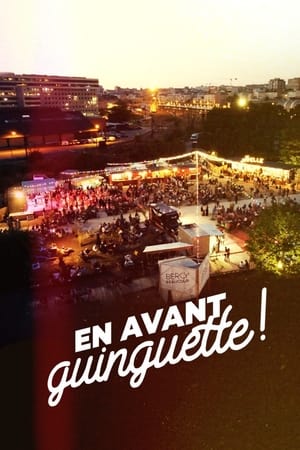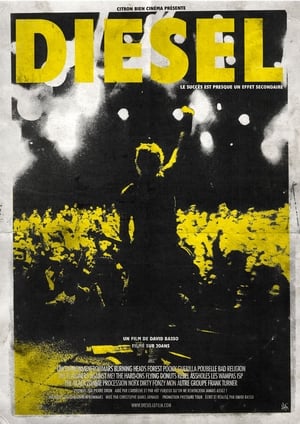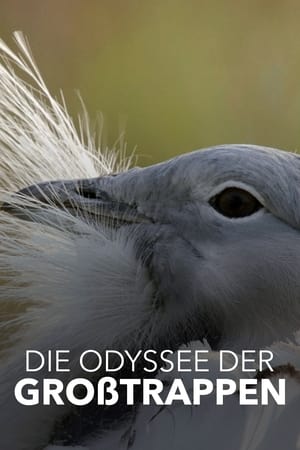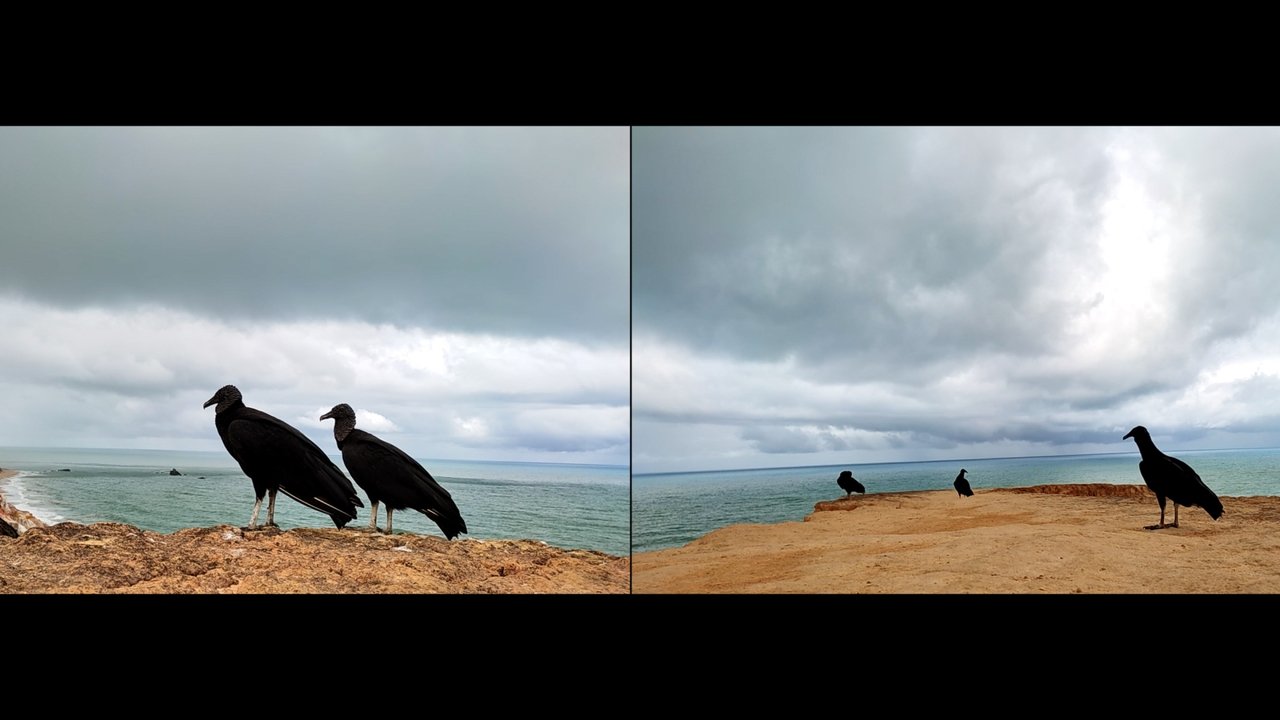
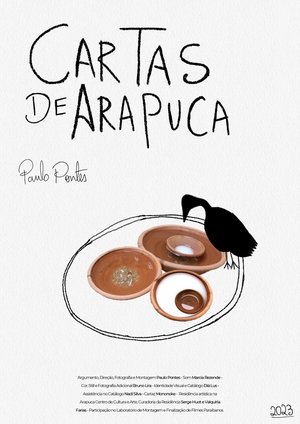
Cartas de Arapuca(2023)
Movie: Cartas de Arapuca

Cartas de Arapuca
HomePage
Overview
Release Date
2023-07-12
Average
0
Rating:
0.0 startsTagline
Genres
Languages:
Keywords
Similar Movies
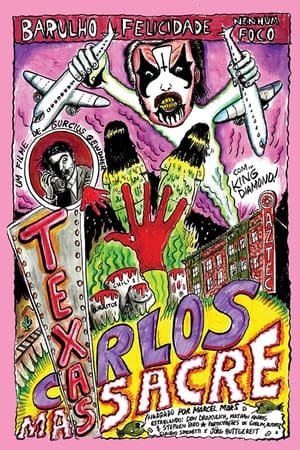 5.0
5.0Texas Carlos Massacre(pt)
Guided by his doctor (or is it voices in his head?), a young director is given a mission: to go to Texas to make an abstract roadmovie (“Unfocused film! Focus is repressed!”) about the Housecore Horror Festival of Film and Music, a festival that brings together cinema and extreme music.
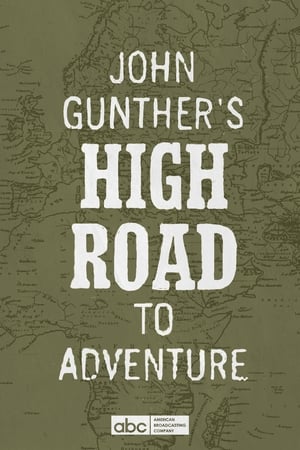 10.0
10.0John Gunther's High Road(en)
John Gunther, a great traveler in many parts of the globe, presented on the American ABC channel the documentary program "John Gunther's High Road" from September 7, 1959 to October 1, 1960, namely 30 episodes. Two adventure trips filmed in distant places were broadcast: The first documentary film was shot exclusively for the show and the second film offered was a great classic adventure or exploit film by another director.
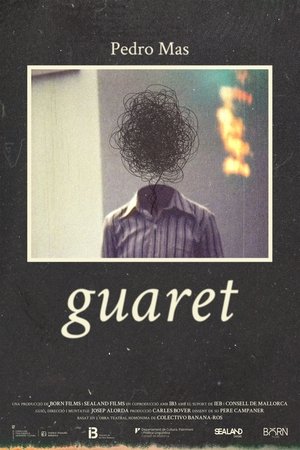 0.0
0.0Guaret(ca)
Pedro is Mallorcan, born to a mother from Burgos and a father from Mallorca. Due to his distant relationship with his father, Pedro doesn't fully master Mallorcan as a language. He turns to the works of Damià Huguet to remember his father, as only his poems can fill the void left by his death. The poet's words transport Pedro to his childhood and his roots, even though many of the words are unknown to him, despite them belonging to his language. This becomes the driving force behind the protagonist's search for his own identity, his origins, what it means to be a man, father-son relationships, collective identity, and "mallorquinness". Pedro constantly questions the emotions stirred by Huguet's poetry, and, most importantly, who he is and where he belongs.
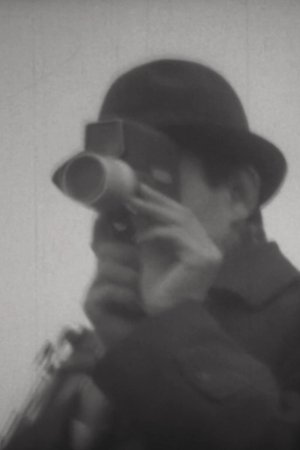 0.0
0.0Nomadtitude(en)
Using footage from socialist era Mongolia, Nomadtitude deals with the transition of the traditionally nomadic people to a lifestyle of urbanization. A changing of roads throughout the years and the movement of people from all across the country to the cities. A timeline of changing physical and spiritual paths. Primary instincts of the nomads, such as having a deep respect for natural surroundings, were forcefully replaced by socialist dogma and, later, capitalist machinations. This work presents the roads taken and not taken by the Mongolian nomads up until now. (Zulaa Urchuud)
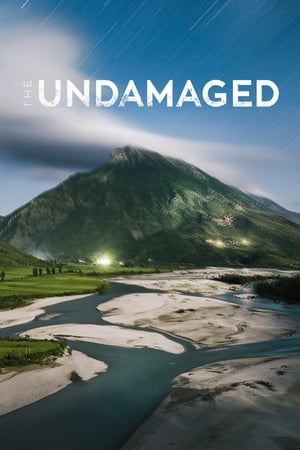 0.0
0.0The Undamaged(sl)
The Balkans cradles Europe's last wild rivers and supports abundant wildlife and healthy, intact ecosystems. These rivers are "The Undamaged" – clean, pristine, and undammed. With over 2,700 small and large hydro power plants planned or under construction in the Balkans, corruption and greed are destroying the last free-flowing rivers of Europe. Follow the Balkan Rivers Tour, a rowdy crew of whitewater kayakers, filmers, photographers and friends who decided to stand up for the rivers, travelling from Slovenia to Albania for 36 days, kayaking 23 rivers in 6 countries to protest the dams and show the world the secret wild rivers of the Balkans. The film honours everyday people and local activists who are fighting to defend rivers and aims to spread the word of the plight of these rivers, showing a new style of nature conservation that is fun, energetic and effective.
The Bear Man(en)
A 45 minute account of the life of a humble logger, named Vince Shute, who made one decision that would ultimately affect the black bear and the attitudes that people have of this often misunderstood animal. This short film goes into great detail about the history of The American Bear Association and the formation of the Vince Shute Wildlife Sanctuary.
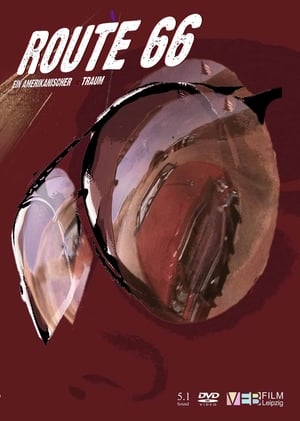 8.0
8.0Route 66 - ein amerikanischer albTraum(de)
Germany's first Open Source movie. A gonzo style documentary.
 6.7
6.7The 11th Hour(en)
A look at the state of the global environment including visionary and practical solutions for restoring the planet's ecosystems. Featuring ongoing dialogues of experts from all over the world, including former Soviet Prime Minister Mikhail Gorbachev, renowned scientist Stephen Hawking, former head of the CIA R. James Woolse
 8.0
8.0Canaries, paradis sous perfusion ?(fr)
Sixty years ago, the Canary Islands were the first in Europe to adopt desalination of ocean water to produce drinking water. Often considered a miracle solution, is this technique compatible with sustainable development?
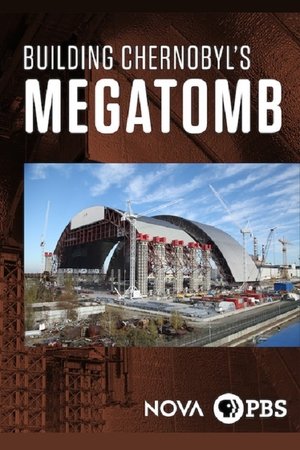 6.5
6.5Inside Chernobyl's Mega Tomb(en)
Documentary which follows the construction of a trailblazing 36,000-tonne steel structure to entomb the ruins of the nuclear power plant destroyed in the 1986 Chernobyl disaster.
 7.0
7.0An Inconvenient Truth(en)
A documentary on Al Gore's campaign to make the issue of global warming a recognized problem worldwide.
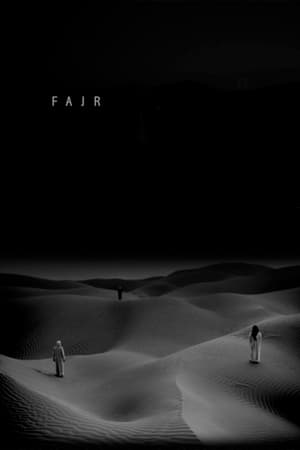 7.0
7.0Fajr(ar)
In the Moroccan desert night dilutes forms and silence slides through sand. Dawn starts then to draw silhouettes of dunes while motionless figures punctuate landscape. From night´s abstraction, light returns its dimension to space and their volume to bodies. Stillness concentrates gaze and duration densify it. The adhan -muslim call to pray- sounds and immobility, that was condensing, begins to irradiate. And now the bodies are those which dissolves into the desert.
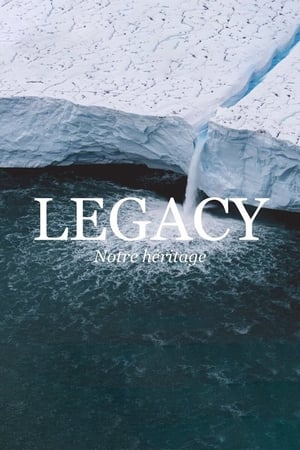 8.1
8.1Legacy(fr)
Ten years after the film Home (2009), Yann Arthus-Bertrand looks back, with Legacy, on his life and fifty years of commitment. It's his most personal film. The photographer and director tells the story of nature and man. He also reveals a suffering planet and the ecological damage caused by man. He finally invites us to reconcile with nature and proposes several solutions
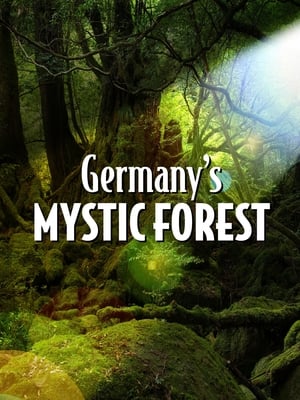 8.0
8.0Germany's Mystic Forest(de)
Dark green, impenetrable forests cover a landscape with secluded valleys and rugged mountain ridges. 2.000 rivers and streams dig deep into the underground and transport their water into reservoirs or "Germany's Wild Amazon", the Wupper. These forests and rivers, together with heath-lands and moors, are home to a diverse fauna. Martens, badgers, wild boars, hares, roe deer, red deer and wild boars, even black grouse and hazel deer find shelter in these parts. Wolves have also have a dominant presence, not to mention those who live underground, such as lizards, bats, and snakes. Accompany us on a journey where we explore every corner of this rugged land. Climb underground into the Bergisches Land, through the vast hidden cave systems that sprawl far beneath the forests. There is also much to be discovered in the water, dive with us in crystal clear streams and rivers with their diverse flora and fauna.
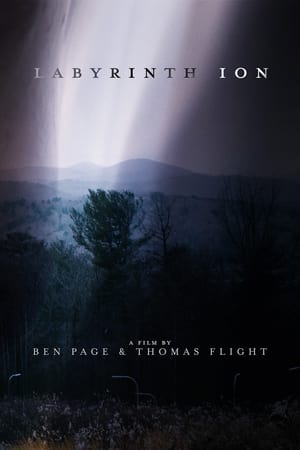 0.0
0.0Labyrinth Ion(en)
One evening under the light of a streetlamp in an unsuspecting neighborhood, events of both microscopic and cosmic proportions take place.

